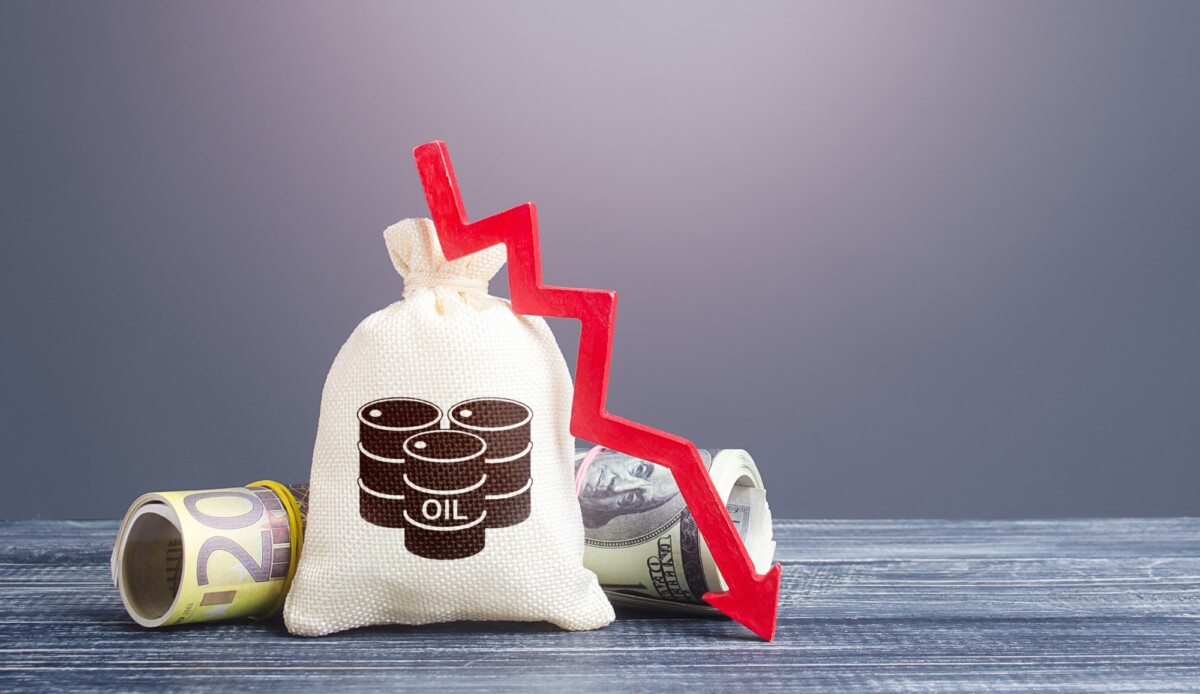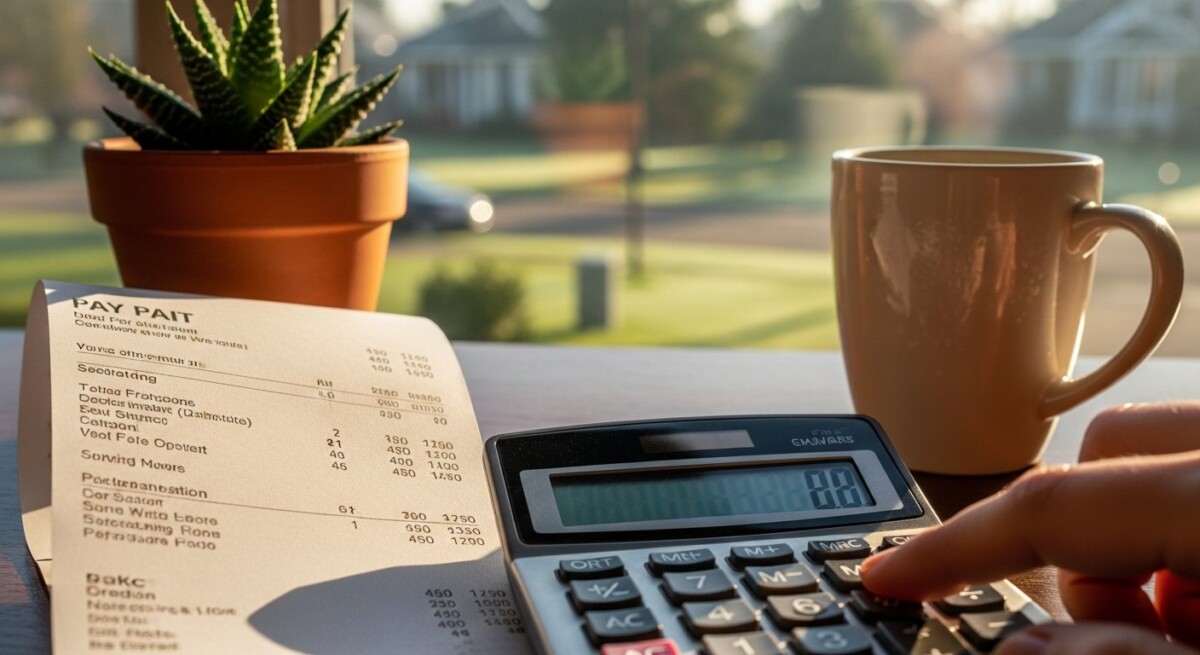What Are the Consequences of Bankruptcy on My Credit and How to Recover

Filing for bankruptcy is a significant financial decision that can provide relief from overwhelming debt, but it also has lasting consequences-especially on your credit. Many people considering bankruptcy worry about how it will affect their credit score, their ability to borrow in the future, and how long the negative impact will last. Understanding these consequences and knowing how to rebuild your credit afterward is crucial to regaining financial stability.
In this comprehensive article, we will explore the effects of bankruptcy on your credit, how long these effects last, the impact on different types of credit, and practical strategies for recovering and rebuilding your credit profile. We will also answer common questions and provide actionable advice to help you move forward confidently. Additionally, we include multiple calls to action to connect you with experienced bankruptcy attorneys who can guide you through the process.
What Is Bankruptcy and Why Does It Affect Credit?
Bankruptcy is a legal process designed to help individuals or businesses eliminate or repay debts under the protection of the bankruptcy court. While it offers a fresh financial start, bankruptcy is a public record and is reported to credit bureaus, which affects your credit history and score.
Creditors view bankruptcy as a sign of financial distress and increased risk. As a result, your credit score typically drops significantly after filing. The bankruptcy notation on your credit report signals lenders that you have defaulted on your debts, which impacts their willingness to extend credit to you.
The Immediate Impact of Bankruptcy on Your Credit Score
The exact impact on your credit score depends on your score before filing, but typically:
-
Your credit score can drop by 100 to 200 points or more.
-
If your credit score was already low due to missed payments and high debt, the drop may be less severe.
-
If you had a high credit score before filing, the drop will be more significant.
This drop occurs because bankruptcy indicates a serious derogatory event. Along with the bankruptcy, your credit report will also reflect late payments, charge-offs, and accounts sent to collections, further lowering your score.
How Bankruptcy Is Reported on Your Credit Report
Bankruptcy appears on your credit report as a public record. It includes details such as:
-
The type of bankruptcy filed (Chapter 7, Chapter 13, etc.)
-
The filing date
-
The status (e.g., “discharged” or “dismissed”)
-
The case number and court information
Credit bureaus typically update this information within 30 days of filing. The bankruptcy entry is a red flag for lenders and remains visible for years.
How Long Does Bankruptcy Stay on Your Credit Report?
-
Chapter 7 Bankruptcy: Remains on your credit report for up to 10 years from the filing date.
-
Chapter 13 Bankruptcy: Remains on your credit report for up to 7 years from the filing date.
The shorter reporting period for Chapter 13 reflects that it is a repayment plan rather than a liquidation.
Even after the bankruptcy drops off your report, the negative impact on your credit score may linger, but you can improve your score over time by rebuilding credit responsibly.
Differences Between Chapter 7 and Chapter 13 Bankruptcy on Credit
-
Chapter 7: Discharges most unsecured debts quickly, but the bankruptcy stays on your credit report longer (10 years). It may be harder to get new credit immediately after filing.
-
Chapter 13: Involves a repayment plan lasting 3-5 years, and the bankruptcy stays on your report for 7 years. Since you repay some debts, lenders may view you as less risky sooner.
Chapter 13 filers often have better chances of obtaining credit during or soon after the repayment plan compared to Chapter 7 filers.
Effects of Bankruptcy on Different Types of Credit
-
Credit Cards: Existing credit cards are usually closed after filing. Getting new credit cards will be difficult initially, and you may only qualify for secured cards.
-
Mortgages: Obtaining a mortgage after bankruptcy requires a waiting period (usually 2-4 years) and proof of financial stability.
-
Auto Loans: Auto lenders may approve loans sooner than mortgages but often at higher interest rates.
-
Personal Loans: These are harder to obtain immediately post-bankruptcy but become easier with good credit rebuilding.
-
Rental Applications: Landlords often check credit; bankruptcy may affect rental approval but can be mitigated by references and income proof.
Can Bankruptcy Remove Negative Items from Your Credit Report?
Bankruptcy can eliminate your legal obligation to pay discharged debts, but it does not automatically remove negative information like late payments or collections related to those debts. These negative marks typically stay on your credit report for up to 7 years.
However, once debts are discharged, creditors cannot legally pursue collection, and you can dispute inaccurate or outdated negative items.
How Bankruptcy Affects Your Ability to Get Credit After Filing
Immediately after bankruptcy, obtaining credit is challenging:
-
Lenders consider you a high-risk borrower.
-
Interest rates and fees on new credit will likely be higher.
-
Credit limits will be lower.
-
Some lenders may deny credit applications outright.
Despite these challenges, many lenders offer products designed for people rebuilding credit, such as secured credit cards and credit-builder loans.
Steps to Recover and Rebuild Credit After Bankruptcy
-
Check Your Credit Reports: Obtain free reports from all three bureaus (Equifax, Experian, TransUnion) to verify bankruptcy reporting and identify errors.
-
Create a Budget: Manage your finances carefully to avoid new debt.
-
Apply for Secured Credit Cards: These require a cash deposit and help rebuild credit.
-
Make All Payments On Time: Payment history is the most important factor in credit scoring.
-
Keep Credit Utilization Low: Use only a small portion of your available credit.
-
Consider Credit-Builder Loans: Some banks and credit unions offer loans designed to improve credit.
-
Monitor Your Credit Regularly: Track your progress and dispute inaccuracies.
-
Avoid Opening Too Many Accounts: Too many inquiries can hurt your score.
-
Be Patient: Rebuilding credit takes time, but consistent good habits pay off.
Need help rebuilding your credit after bankruptcy? Get a free case review or call 833-279-1850 to connect with a bankruptcy attorney who can guide your recovery.
Tips for Responsible Credit Use Post-Bankruptcy
-
Always pay bills on time.
-
Avoid maxing out credit cards.
-
Use credit only for necessary purchases.
-
Keep old accounts open if possible to lengthen credit history.
-
Build an emergency fund to avoid future crises.
-
Seek financial counseling if needed.
Common Misconceptions About Bankruptcy and Credit
-
My credit will never recover after bankruptcy.False. Many people rebuild strong credit within a few years.
-
I can’t get a mortgage for 10 years.False. You can often qualify for a mortgage in 2-4 years, especially with Chapter 13.
-
Bankruptcy removes all debts from my credit report.False. Negative marks remain but debts are discharged.
-
I must pay all creditors after bankruptcy.False. Discharged debts are legally eliminated.
FAQs About Bankruptcy and Credit
Have questions about the impact of bankruptcy on your credit? Speak with a bankruptcy lawyer now or call 833-279-1850 for personalized advice.
Location-Specific Considerations
Bankruptcy laws are federal, but credit rebuilding resources and lender practices vary by state. When seeking legal help, provide your ZIP code to connect with attorneys familiar with local nuances:
-
California (ZIP 90001): Large urban centers with many credit rebuilding programs.
-
Texas (ZIP 75001): Community property laws may impact credit and bankruptcy.
-
Florida (ZIP 33101): High cost of living affects credit recovery strategies.
-
New York (ZIP 10001): Diverse lender options and credit counseling services.
Find a bankruptcy attorney near you. Start your free case review or call 833-279-1850 and enter your ZIP code.
Moving Forward After Bankruptcy
Bankruptcy has a significant but not permanent impact on your credit. While it lowers your score and stays on your credit report for years, you can rebuild your credit with patience, discipline, and the right strategies. Understanding the consequences and proactively managing your credit post-bankruptcy will help you regain financial health and access to credit.
If you are considering bankruptcy or have recently filed, consulting with an experienced bankruptcy attorney can provide personalized guidance to protect your rights and rebuild your credit effectively.
Ready to rebuild your credit after bankruptcy? Get a free bankruptcy case review or call 833-279-1850 to connect with a trusted bankruptcy lawyer today.
Disclaimer: This article is for informational purposes only and does not constitute legal advice. For advice tailored to your situation, consult a qualified bankruptcy attorney.
For more information and to connect with a bankruptcy attorney who can help you understand the impact of bankruptcy on your credit and how to recover, visit Legal Case Review or call 833-279-1850 today.


